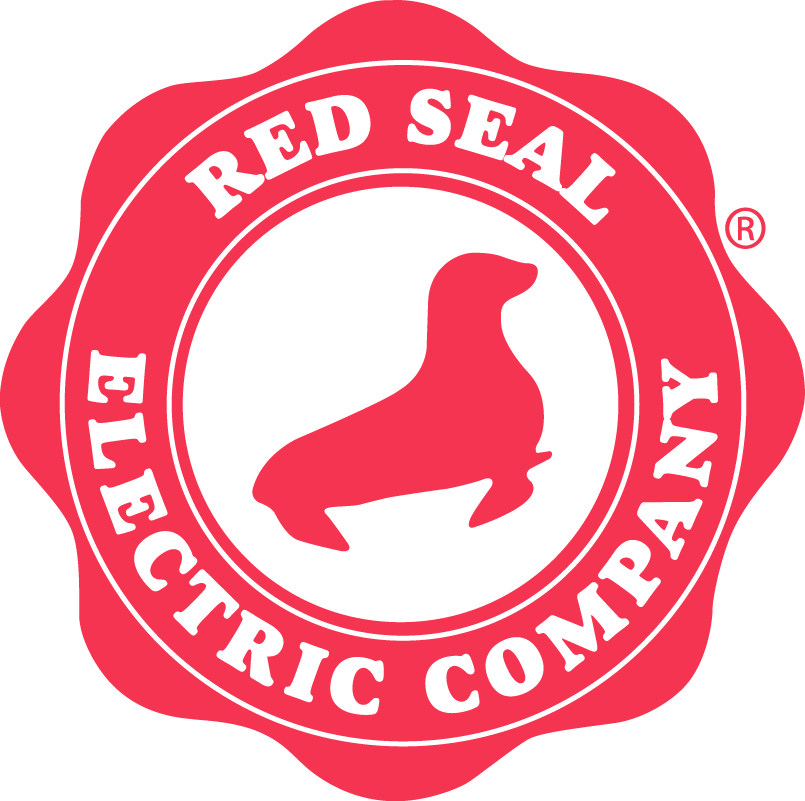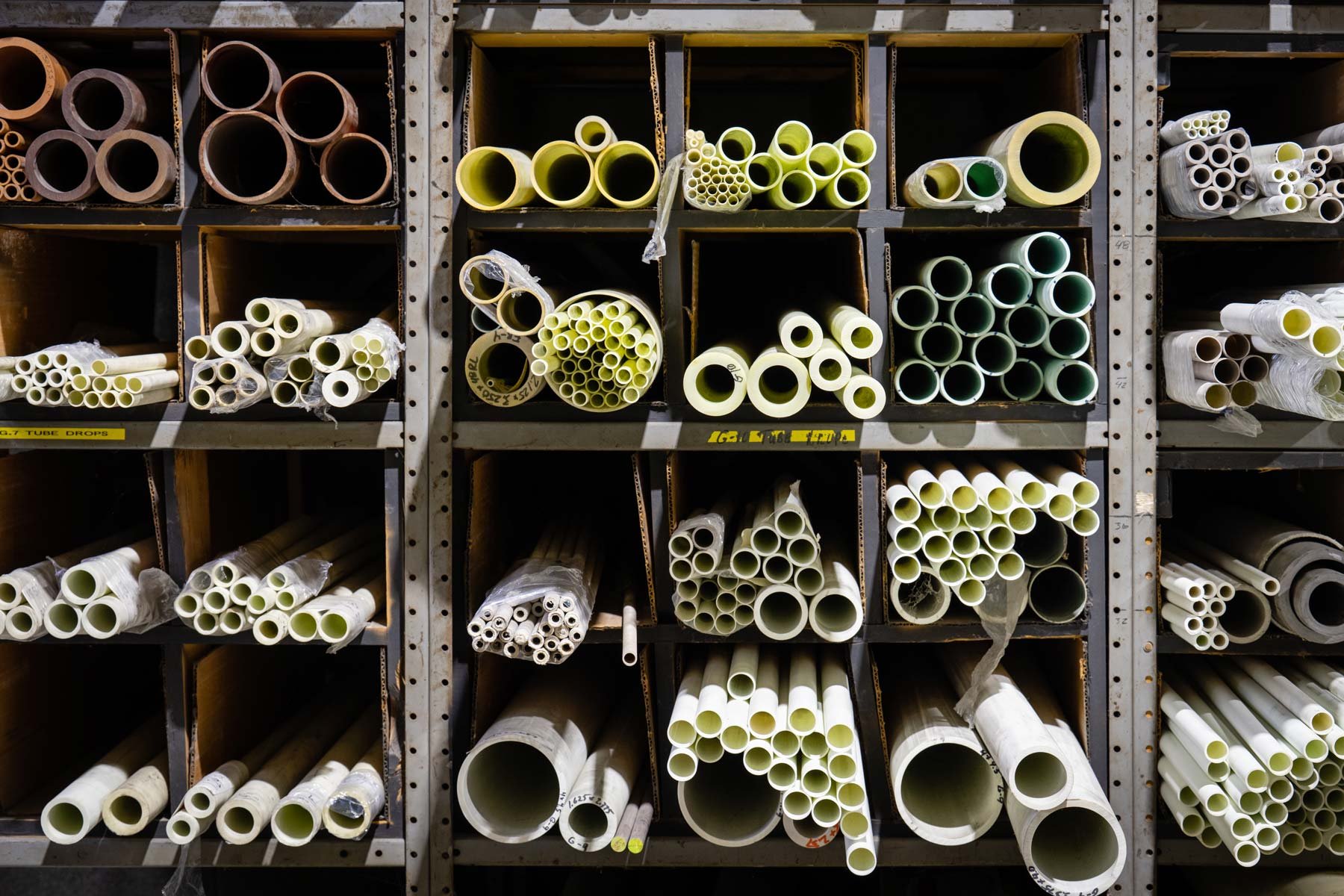5 Examples of Uses Where Non-Metallic Parts Win Out Over Metals
When Metal PARTS Fail
At Red Seal Electric Company, we specialize in the fabrication of non-metallic insulating parts. With our deep expertise working with composites, we might be a bit biased.
But non-metallic materials aren’t just an alternative to metal; oftentimes, they’re the superior choice. Thanks to the vast range of properties found in composite materials, they’re often better suited for demanding environments.
Environments Where Non-Metallic Materials Win Out
1. When electrical insulation is critical.
Simply put, metals conduct electricity. Non-metallic materials like phenolics, fiberglass, or composites offer natural electrical insulation. These parts can meet high dielectric strength requirements, especially in electronics and aerospace applications, where metal would pose a safety risk.
2. When weight reduction is essential.
On average, non-metallic materials are 60-80% lighter than their metal counterparts. These savings in weight can drastically improve fuel efficiency and reduce load stress in industries like aerospace and automotive.
3. When corrosion is a dealbreaker.
In wet environments, exposed metal parts are prone to rust and corrosion. Similarly, metal parts that are frequently exposed to chemicals, such as food processing equipment that must withstand regular sanitation, can also degrade over time. Coatings and alloys can help, but they are expensive and require upkeep. On the other hand, many non-metallic materials resist corrosion, making them more cost-effective and longer-lasting.
4. When vibration must be reduced.
Rigid metal parts are prone to loud vibrations. In applications like household appliances, where low noise is a must, non-metallic materials are ideal. They naturally reduce vibration and don’t rattle under repeated impact.
5. When thermal insulation is required.
If there’s one spot where non-metallic parts really outshine metal alternatives, it’s in thermal insulation. Metal parts transfer heat easily, but non-metallic parts can handle high temperatures up to 2300ºF or more without conducting heat to supporting parts.
PARTNER WITH RED SEAL ELECTRIC COMPANY FOR RELIABLE FABRICATION SOLUTIONS
While metals certainly have their place, they aren’t always the best fit. When performance, safety, or longevity are on the line, non-metallic materials often offer clear advantages. At Red Seal, we help engineers and manufacturers make smart, efficient material choices— and we deliver precision-fabricated parts that stand up to the challenge.
At Red Seal Electric Company, we’re committed to overcoming fabrication challenges with precision, efficiency, and expertise. Whether you need custom parts, complex designs, or reliable on-time delivery, we have the skills and technology to get the job done right.
Contact us today to learn how we can support your next project.

